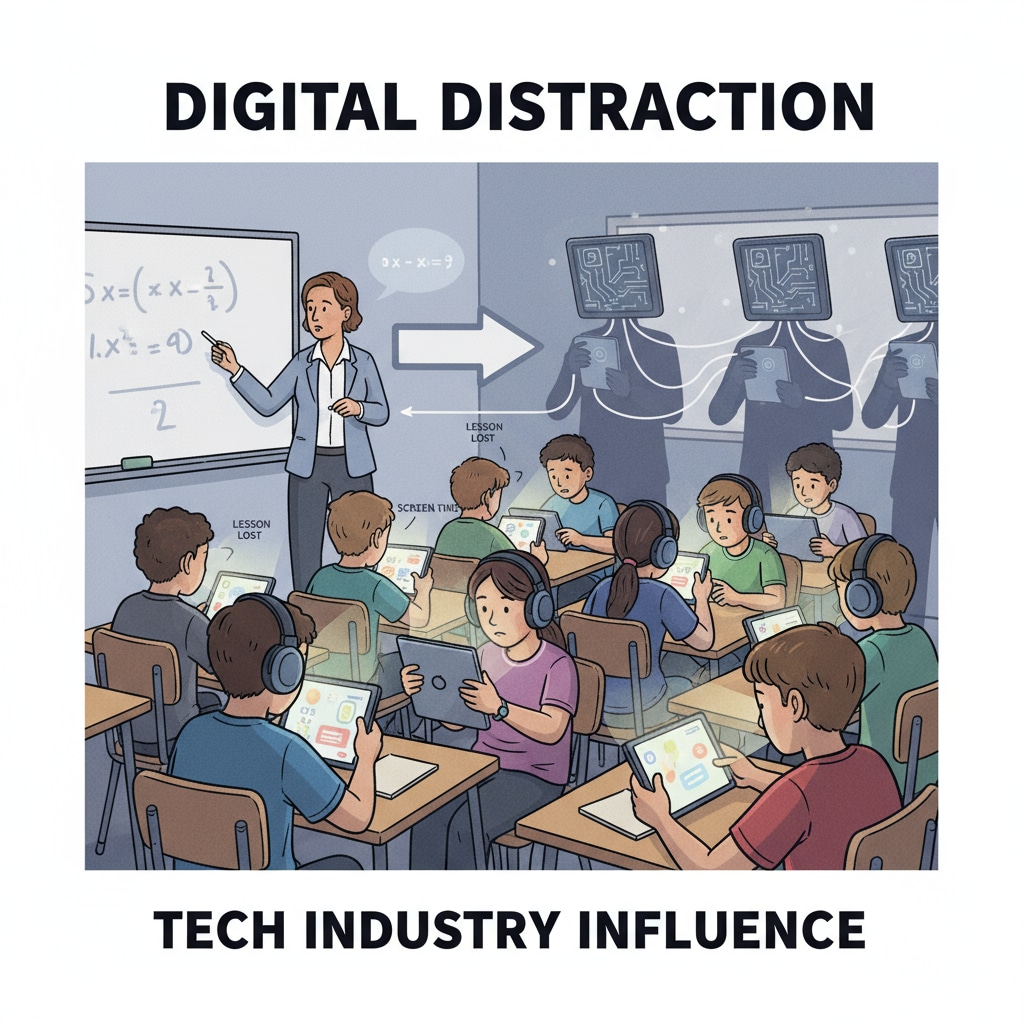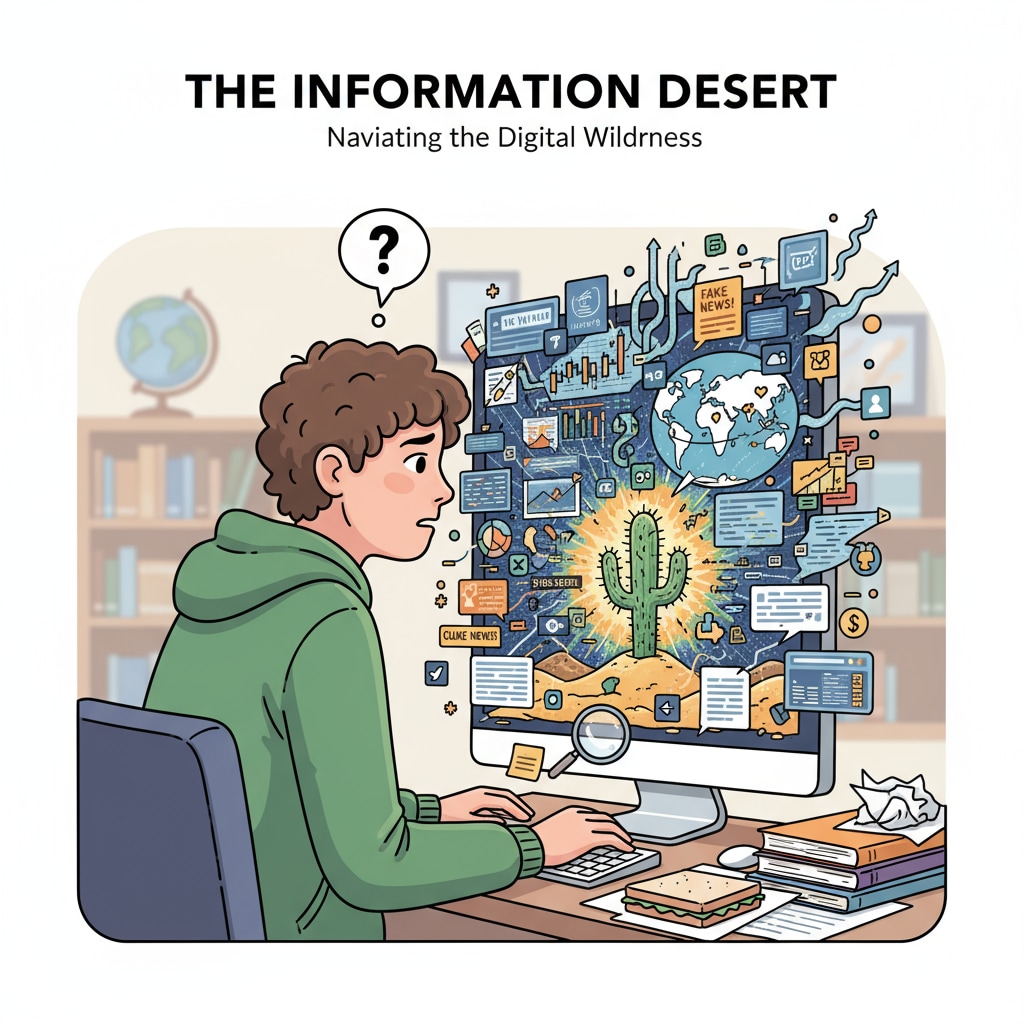The attention economy, information deserts, and the tech industry are intertwined in a complex web that significantly impacts K12 education. In today’s digital age, tech companies have mastered the art of leveraging human attention mechanisms to capture and hold our focus. This has led to the creation of what can be described as “information deserts” in the realm of K12 education, where students are inundated with a deluge of content but starved of meaningful knowledge.

The Allure of the Attention Economy
The attention economy is a concept where businesses, especially in the tech sector, compete for people’s limited attention. Tech giants use sophisticated algorithms and user experience design to keep users engaged. For example, social media platforms are designed to be highly addictive. They use features like infinite scrolling, notifications, and personalized content feeds to ensure that users, including K12 students, spend as much time as possible on their platforms. According to Wikipedia’s entry on the attention economy, this economic model thrives on the principle that attention is a scarce resource that can be monetized. In the context of K12 education, these platforms divert students’ attention away from their studies.
Creating Information Deserts
The tech industry’s strategies have inadvertently contributed to the formation of information deserts in K12 education. Students are bombarded with a plethora of content, but much of it lacks depth and educational value. Take, for instance, the prevalence of short-form videos and memes on various platforms. While these may be entertaining, they do little to enhance students’ understanding of academic subjects. As a result, students find themselves in a situation where they are surrounded by information but lack the ability to sift through it and find what is truly useful.

This phenomenon is further exacerbated by the algorithms that prioritize content based on popularity and engagement rather than educational merit.
The consequences of these information deserts are far-reaching. Students may struggle to develop critical thinking skills, as they are not exposed to in-depth, well-researched information. Their long-term learning and academic progress can be hindered, as they are constantly distracted by the allure of the digital world. Moreover, the lack of quality information can lead to a shallow understanding of important concepts, which may have implications for their future academic and professional endeavors.
Readability guidance: The above content uses short paragraphs to convey ideas clearly. Each section has a specific focus, and transition words like “for example” and “as a result” are used to enhance the flow. The use of external links provides additional credibility to the information presented.


